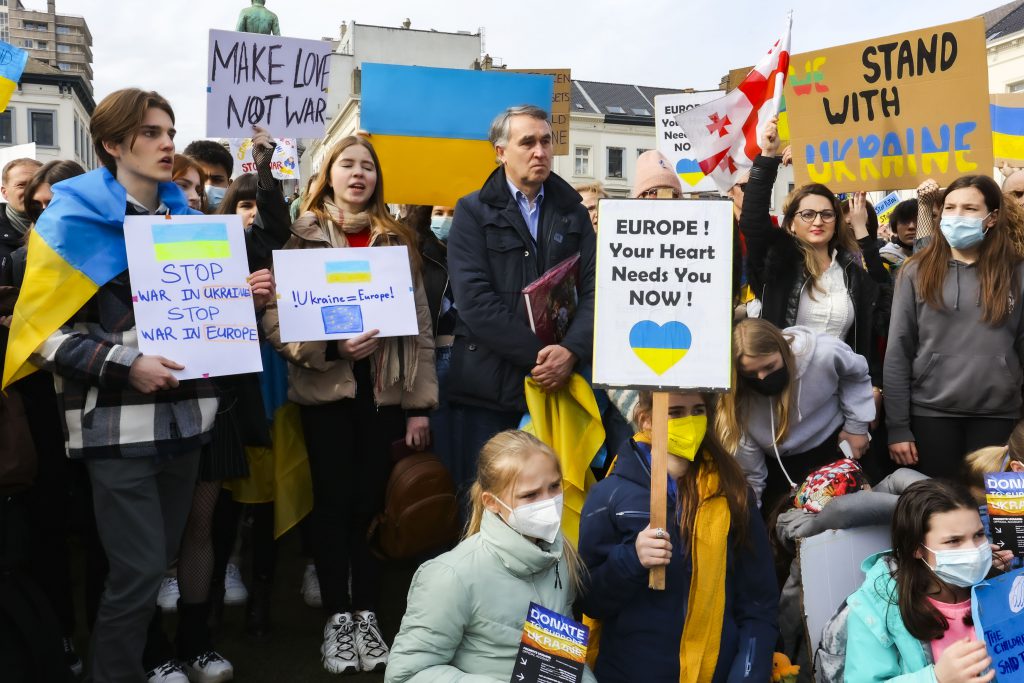Europe’s darkest hour

Vladimir Putin’s decision to go to war with neighbouring Ukraine to fulfil his expansionist and imperialistic dreams marks Europe’s darkest hour since the torrid days of World War II. This war is an affront to democracy, humanity, and the very concept of the sovereignty of nations.
The rhetoric which preceded this act of aggression was a throwback to Nazi Germany and Hitler’s approach which in the late 1930s’ saw him annex Austria and dismember Czechoslovakia under the false pretext of wanting to safeguard Sudeten Germans. Eight decades later events followed the same line, as Putin invaded Crimea, part of Georgia, and the Eastern provinces of Luhansk and Donetsk, under the guise of protecting Russians. Just like with Hitler – whose real intention was to conquer Europe – Putin lost no time to show his true colours by launching a full-scale invasion of Ukraine. Judging from his imperialistic rhetoric, his ultimate objective is the reconstitution of the defunct Soviet Union. It is no wonder that former Warsaw Pact countries and the Baltic States are on full alert.
Faced by the highest military escalation since WWII, the West imposed tough economic and financial sanctions, the likes of which, were not seen before. In the case of tiny Malta, it must also play its part. We cannot keep selling passports to wealthy Russian citizens, who more likely than not are part of Putin’s wallet. Equally appalling, are some government apologists who are already trying to score political points, by seeking to influence public opinion by blaming unpopular decisions here on the Ukrainian conflict.
Notwithstanding these efforts, evidence so far is that such actions have not been a deterrent. While any military retaliation from the West carries a huge risk to escalate the conflict, the other side of the coin is equally worrying. In that case the message would be loud and clear: If Putin weathers the storm it means it pays to resort to brutal force. Putin’s behavior must not become a blueprint for leadership. Such message will reverberate around the globe as it will usher international relations to a supposedly bygone era in which might was right – back to the 1930s on the footsteps of Nazi Germany, Fascist Italy and Imperial Japan.
World peace is currently on very thin ice. There is a very fine line between appeasement, diplomacy and military intervention. This is Europe’s darkest hour. Putin has raised stakes to the unthinkable – he is threatening a full-blown nuclear war.
The world as a whole is already paying a price. Let us hope at least that the biggest price will be paid by the perpetrators. As the Ukraine’s president, Volodymyr Zelenskiy, warned: “The fate of not only our state is being decided, but also what Europe will be like.”
